LETTER: Ward Says Westchester Power Represents Freedom of Choice
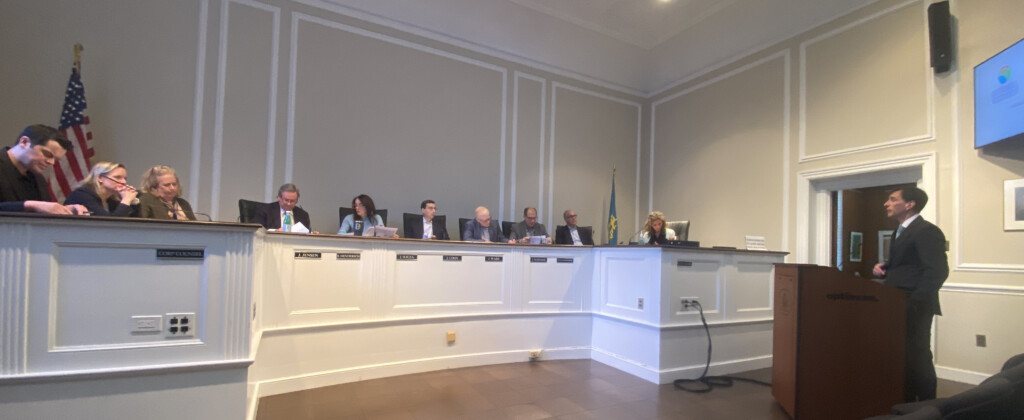
In a letter to MyRye.com, current Councilmember and former chair of the Rye Sustainability Committee James Ward says the City should support freedom of choice by renewing its contract with Westchester Power. Learn about the City Council presentation by Westchester Power.
Dear MyRye.com:
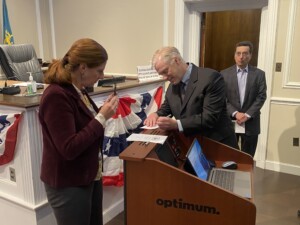
I am James Ward, former chair of the Rye Sustainability Committee, a co-founder of the Rye Sustainability Foundation and a current City Councilperson. I am writing to respond to recent letters published in MyRye.com from my Republican neighbors and clarify why supporting Westchester Power is an economically sound model and the best choice for Rye residents who believe we need to be building a better, more resilient future for our families. Westchester Power expands choice and here is why.
When it comes to consumer choice, more is better than less. When a single entity controls production and distribution, that is called a monopoly. Monopolies limit supply and innovation so they can raise prices and make large profits. That is what is going on at ConEd. ConEd is a transmission operator that owns the “last mile” assets that deliver electricity from the NY Grid (NYISO). Unlike delivery, electricity generation is accomplished by multiple providers that use the NYS grid. ConEd does not generate most of the energy that it delivers to residents.
However, if you make ConEd the default electricity provider, they get to decide and you wind up with between 75% to 97% of your electricity generated from sources that pollute the environment. I am not sure why Rye Republicans are asking Rye residents to give back control of our electricity decisions to ConEd – the Monopoly – and take away the choice we have made for low-cost, green electricity.
The City of Rye along with 26 other communities in Westchester participate in Community Choice Aggregation (CCA) sponsored by Westchester Power (WP). Participating in a CCA empowers communities and individuals to demand power suppliers seek out and deliver new green energy to our grid. Sometimes ConEd is cheaper and sometimes WP is cheaper. And here is the rub. If your consumer decision is only informed by getting the cheapest spot electricity, the WP allows a resident with a click of button to opt out of WP and switch to ConEd and then opt back in again when ConEd rates increase over the fixed contract price of WP. If you did that in February, for example, you would have saved your household $5 on average. If ConEd was our default electricity provider, that would be impossible. You could not access the WP program ever. Westchester Power’s CCA is all about bargaining power. The WP acts as a consortium of communities to negotiate the lowest, fixed-term, renewable energy contract possible. There simply is no other arrangement that allows for that flexibility and that pricing power. I am a citizen and a parent who is very concerned that we are not moving to green energy rapidly enough and avoiding the very worst aspects of climate change. I certainly don’t want to leave my choices up to ConEd and neither should you.
Let’s keep our power in the hands of our community. Continuation in the CCA protects our ability to choose affordable, renewable energy. Contact your council people and say no to monopoly control and yes to local, democratic decision-making on the future of our electricity.


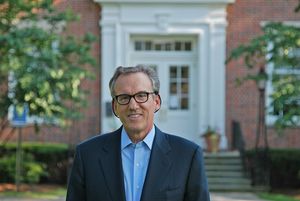
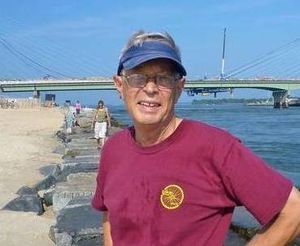
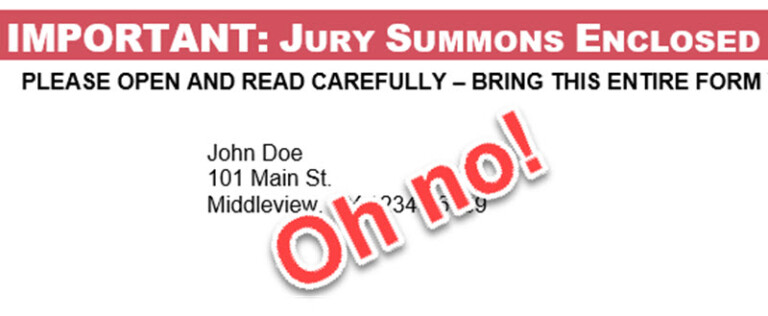

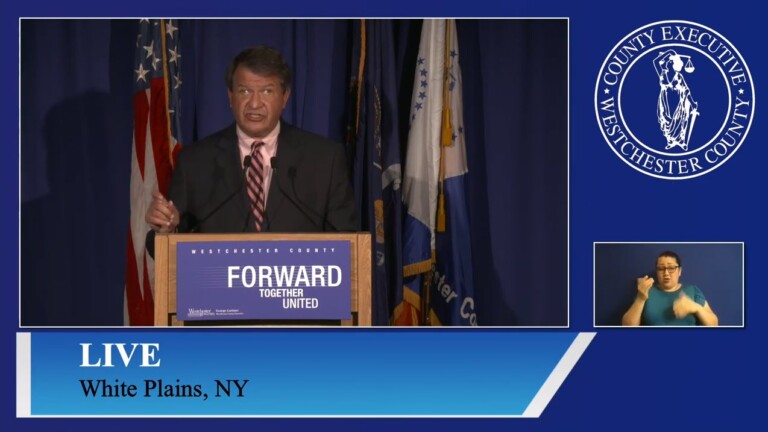
“Let’s keep our power in the hands of our community.” Then our government should keep it’s hands off our citizen default provider choices.
If CCA is so ‘good,’ then it doesn’t need our local government to artificially boost and sustain its market share for them.
Dear MyRye:
My good friend James Ward, a strong advocate for sustainability and green energy, seems intent on making ConEd the big bogeyman, stating that Westchester Power represents “freedom of choice.”
The choice is not between just ConEd and Westchester Power, as James posits. ConEd’s job is to deliver electricity – they are an expensive monopoly that makes money on energy delivery but not on energy supply. Rye electrical energy supply consumers already have many choices; they can buy their electrical power off the spot market from ConEd, which is often the cheapest option (and ConEd by law makes no money on it), or through OPTING IN to one of 53 Energy Service Companies (“ESCOs”), many of whom provide renewable energy options similar to Westchester Power. These ESCOs can be accessed online (documents.dps.ny.gov.ptc.). So the choice is not between just Westchester Power and ConEd, it is between Westchester Power, ConEd and 53 other OPT IN providers.
Proponents claiming that a CCA like Westchester Power provides more choice, ignore the big elephant in the room – that they are by municipal contract a default OPT OUT provider, with a solid track record of providing more expensive electricity to Rye consumers. Many Rye consumers will never know they have been put into a more expensive renewable energy scheme and need to OPT OUT if they want less expensive options. But if we are being honest, proponents’ real goal is not to give Rye consumers more choice, but rather to do all they can to promote renewable energy, whether it be on the backs of willing or unwitting consumers. As stated by Dan Welsh, Director of the Westchester Power Program Team at the Rye City Council last July 10:
“Ultimately it is about volume and trying to move as much renewable energy and move the needle on that as much as possible, that’s why we are doing this and we can be perfectly frank about that…and is there a kind of an inertia factor – yeah, not many people spend a lot of time thinking about that…”
For proponents, its not really about consumers’ choices, it’s about getting that volume.
And forget about the “click of a button” and you are out – more likely it is hours figuring out how to do it and then waiting on the phone for a customer service representative to help you. And, of course, you must know you are in it before “having the choice” of trying to get out.
Consumers in Rye should be allowed to make their own decisions whether they want to pay more to support renewable energy or not, they don’t need their local government deciding it for them.
Bill Henderson